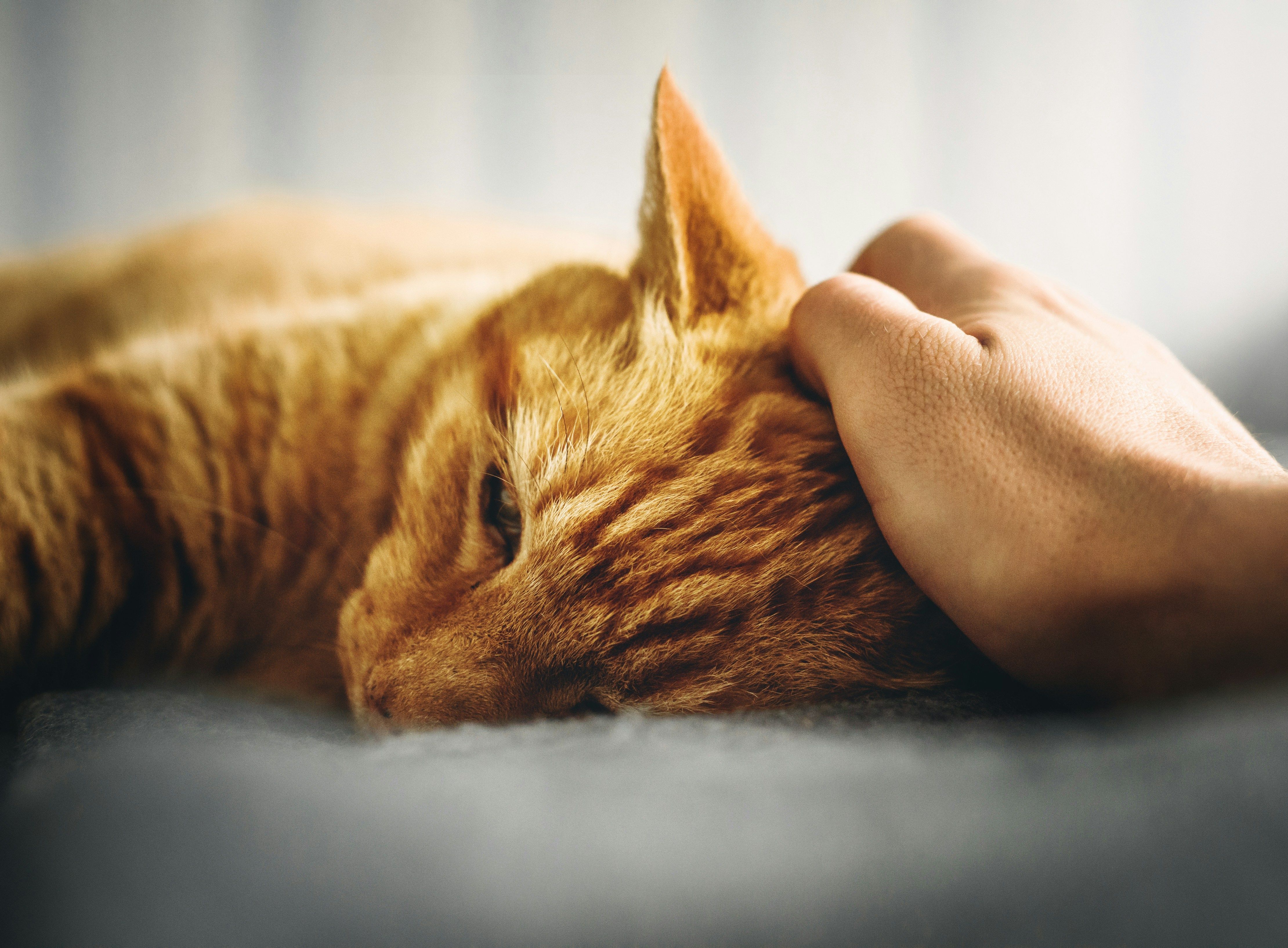
Navigating your cat's well-being during times of change can be a challenge, as they often keep their discomfort hidden. Determining whether your feline friend is stressed or unwell requires careful observation and understanding.
While most cats can adapt and recover from stress, some may struggle, leading to potential health issues. In this comprehensive guide, we explore the nuances of cat stress, its effects on mood and health, and actionable steps to address it.
Understanding Cat Stress (and Its Importance)
Although stress might seem trivial, it can adversely affect your cat's health if left unaddressed. Cats may experience stress due to disruptions in their environment or routines, triggering their instinctual fight-or-flight response. While some stressors may be temporary, others can linger and escalate over time.
Common stressors for cats include:
While many of these stressors are short-lived, chronic stress can lead to significant behaviour changes and health complications.
Identifying Chronic Stress in Cats
Detecting chronic stress in cats can be challenging, as they are adept at masking their emotions and ailments. Even experienced cat owners may only notice subtle changes in behaviour or health.
Signs of chronic stress in cats include:
Risks of Chronic Stress in Cats
Untreated chronic stress can lead to severe health issues, including:
How to Support Your Cat
The first step in helping your cat is identifying the source of stress. Once identified, you can take appropriate action tailored to the stressor. Meanwhile, enriching your cat's environment and seeking veterinary advice are crucial.
Enriching your cat's environment involves:
Collaborating with your veterinarian on a treatment plan is essential for your cat's well-being and recovery.
In Conclusion
As a cat owner, recognising and addressing your pet's stress is essential for their overall health and happiness. By understanding the signs of stress, creating a supportive environment, and seeking professional guidance when needed, you can help your cat thrive and enjoy a fulfilling life.